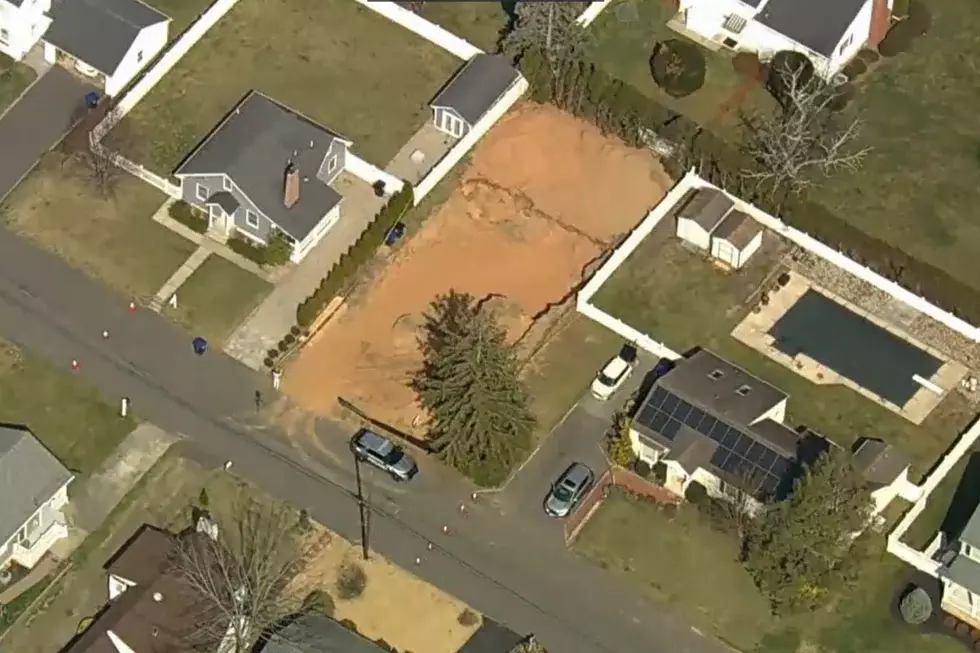
20,000 DWI Cases Could be Tossed After NJ Supreme Court Ruling
A ruling by the state Supreme Court on Tuesday could mean around 20,000 DWI convictions and penalties would be thrown out after a state trooper failed to properly calibrate a breath test device.
The ruling came after a retired state judge, serving as a special master in the matter, said the trooper's failure to follow the proper calibration process "calls into question subsequent validity of breath test results." The judge's findings and the ruling by the Supreme Court could affect more than 20,000 cases that used the Alcotest devices that were checked by Sgt. Marc Dennis from 2009 to 2016.
County prosecutors started notifying potentially affected defendants that their cases could be thrown out in 2016. The notices also informed defendants that their cases were on hold pending the Supreme Court decision.
Dennis had been charged with lying about calibrating the devices that were used by police in Asbury Park, Long Branch and Marlboro on October 2015. According to the Supreme Court ruling, Dennis served as the coordinator in the New Jersey State Police's Alcohol Drug Testing unit, which was responsible for calibrating the Alcotest devices on a semi-annual basis. He is charged with not taking a required measurement as part of the calibration testing, and certifying that he had taken all the required steps.
The devices were used in Middlesex, Monmouth, Ocean, Somerset and Union counties.
Tuesday's ruling comes a decade after the state Supreme Court ruled that breath tests were admissible evidence in DWI cases as long as the devices used were shown to be in working order, properly inspected and used by a certified operator. The state argued that the thermometer used in the calibration that had not been properly inspected was unnecessary to ensure that the Alcotest devices were properly calibrated. However, the court and Special Master both ruled against that argument.
The state also argued that New Jersey is the only jurisdiction that mandates the use of this particular thermometer in its calibration process. However, the special master ruled that "uncontroverted evidence established that the instrument was highly customized for each jurisdiction," the Supreme Court ruling said.
"Applying the general acceptance standard to the special master's findings, we hold the state failed to carry its burden and affirm the special master's conclusion," the court said. "Contrary to the state's contentions that the Special Master held it to a standard of infallibility, we find that he did not," the court wrote.
As part of its ruling the court ordered that the state notify all affected defendants of the decision, and also lifted a stay put in place on all pending cases.
"For those cases already decided, affected defendants may now seek appropriate relief," the decision said.
The case before the Supreme Court started after a woman named Eileen Cassidy pleaded guilty to driving under the influence, based solely on the Alcotest showing that her blood alcohol was above the legal limit. After learning about the issues with the calibration, Cassidy tried to withdraw her plea in Spring Lake Municipal Court. Cassidy died before her case was resolved, but the court's ruling vacated her conviction.
Dennis is facing charges of third-degree tampering and fourth-degree records falsifying charges. He has denied wrongdoing in the case.
Prior reporting by Sergio Bichao was included in this story
More From WPG Talk Radio 95.5 FM










